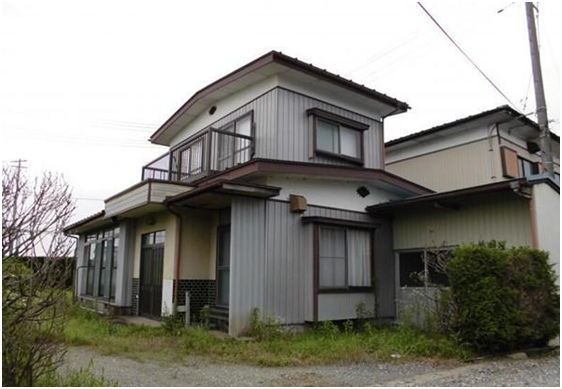
Recently, the Japanese Ministry of Internal Affairs and Communications released the latest report that the number of vacant houses in the country has exceeded 9 million, hitting a record high. As the local population ages, the number of vacant homes will continue to increase, including some in upscale neighborhoods. This has caused concern and concern among local people.
What has caused more than 9 million vacant homes in Japan? The author analyzes the reasons in the following aspects.
Aging population: As Japan's aging population intensifies, many elderly people die, and their houses are empty because they cannot find heirs or heirs are unwilling to inherit. In addition, after some elderly people move into nursing homes or medical institutions, their original houses may also be vacant for a long time.
Demolition costs are high: In Japan, the cost of demolition is very high, including demolition costs, construction waste disposal costs and labor costs. As a result, even when homes have been empty for years, owners often choose to keep them empty because they cannot afford to demolish them.
Property inheritance system: Japan's property inheritance system has also led to the emergence of empty houses. Under Japanese law, the spouses and children of the deceased are entitled to inherit the property, but if there is no agreement among the heirs, or if the heirs are unwilling to take responsibility for the management and maintenance of the house, the house can be left vacant for a long time.
Market demand changes: As Japan's society and economy change, the demand for housing in some areas is also changing. For example, some rural areas have seen a large number of empty houses due to a decline in housing demand due to population outflow and fewer job opportunities.
Urban planning and management problems: Poor urban planning and management in some areas may also lead to the emergence of empty housing. For example, in order to promote economic development and urbanization, some local governments built a large number of new houses and residences, but due to the lack of effective management and maintenance mechanisms, these houses became vacant soon after completion.
To sum up, the phenomenon of a large number of vacant houses in Japan is caused by many reasons. But what effect will so many empty homes have on Japan?
First, it causes a waste of resources. Vacant houses occupy a lot of land resources, these resources are not used effectively, forming a huge waste. At the same time, the house itself is also a building resource, long-term vacancy will lead to aging, damage, further aggravate the waste of resources.
Secondly, the image of the city is damaged. Empty houses are often unmanaged, with mottled facades and overgrown courtyards, which negatively affect the image of the city. This not only affects the overall beauty of the city, but also reduces the attractiveness of the city.
Third, social security issues. A house that has been vacant for a long time can easily become a venue for illegal activities, such as theft and drug possession. These activities not only endanger social security, but also bring security risks to the surrounding residents.
Finally, it affects the housing market. A large number of vacant houses will affect the normal operation of the real estate market. On the one hand, vacant houses occupy a part of the market supply, resulting in an oversupply of housing; On the other hand, the existence of vacant houses will reduce the value and rent level of surrounding houses, further affecting the stability of the real estate market.
In addition, the large number of empty houses also adds to the burden of local finances. The government needs to invest a lot of money to maintain and manage vacant houses, including repair costs, management costs and so on. This not only increases the financial burden of the government, but also affects the provision of other public services.
Overall, the damage of having more than 9 million vacant homes in Japan is serious and far-reaching. To revitalize these vacant houses, the Japanese government, society and individuals need to work together to find solutions to make full use of these housing resources and promote sustainable urban development.

According to a recent report by Rich Asplund, a columnist for Barchart, the global sugar market is currently experiencing a complex and profound supply-demand game.
According to a recent report by Rich Asplund, a columnist f…
On January 13th local time, the three major US stock indice…
Recently, the 2026 edition of the MIT Technology Review lis…
On January 15, 2026, the US military announced the seizure …
At the 2026 J.P. Morgan Healthcare Conference, a joint anno…
For much of 2025, the market was rethinking whether the dol…